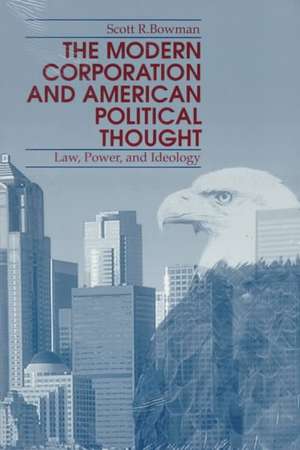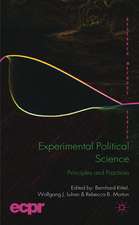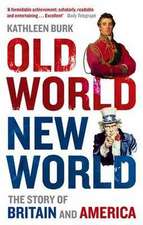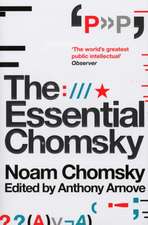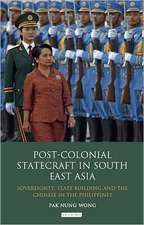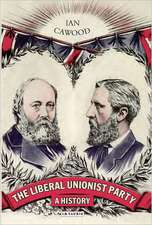The Modern Corporation and American Political Th – Law, Power, and Ideology
Autor Scott Bowmanen Limba Engleză Paperback – 14 sep 1995
In The Modern Corporation and American Political Thought, Bowman demonstrates how judge-made and statutory laws have structured and regulated the growth of corporate power while preserving corporate autonomy. The argument unfolds within a historical framework that reconstructs the evolution of the corporation with reference to its two dimensions of power: internal (within the enterprise) and external (in society at large). Bowman examines and revises Marxist, pluralist, and managerial theories to develop his own political theory about class conflict and corporate power and offers fresh interpretations of the political thought of Herbert Croly, Walter Weyl, Thorstein Veblen, Peter F. Drucker, Adolph A. Berle, and John Kenneth Galbraith. Ultimately, this book sets forth the first political theory that adequately accounts for the power of the modern corporation in all its dimensions.
Preț: 343.64 lei
Nou
Puncte Express: 515
Preț estimativ în valută:
65.76€ • 68.52$ • 54.45£
65.76€ • 68.52$ • 54.45£
Carte tipărită la comandă
Livrare economică 03-17 aprilie
Preluare comenzi: 021 569.72.76
Specificații
ISBN-13: 9780271014739
ISBN-10: 0271014733
Pagini: 448
Dimensiuni: 152 x 229 x 27 mm
Greutate: 0.68 kg
Ediția:New.
Editura: Penn State University
ISBN-10: 0271014733
Pagini: 448
Dimensiuni: 152 x 229 x 27 mm
Greutate: 0.68 kg
Ediția:New.
Editura: Penn State University
Textul de pe ultima copertă
Despite all that has been written about business and its role in American life, contemporary theories about the modern corporation as a social and political institution have failed to explain adequately the pervasiveness and complexity of corporate power in the twentieth century.
